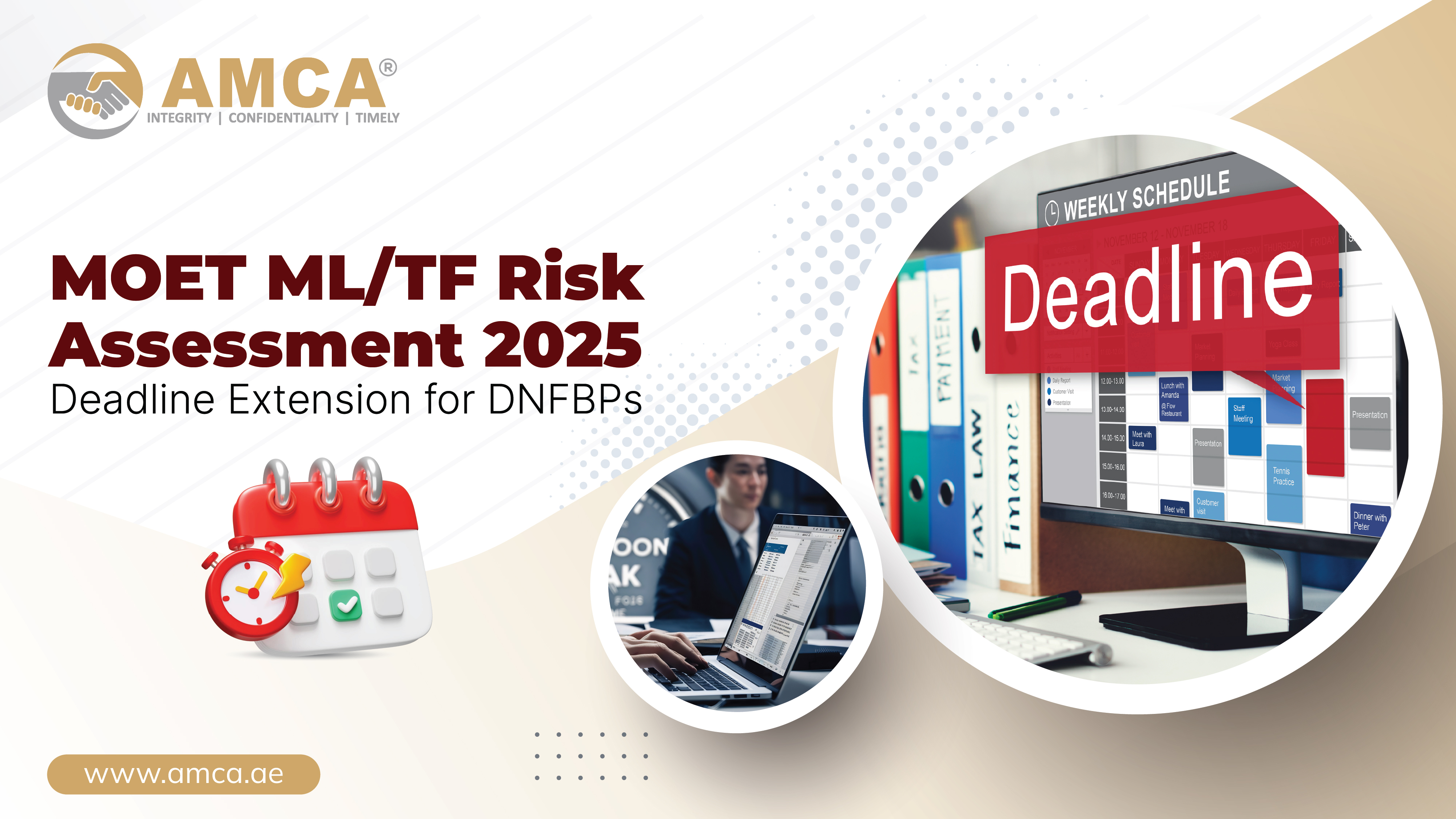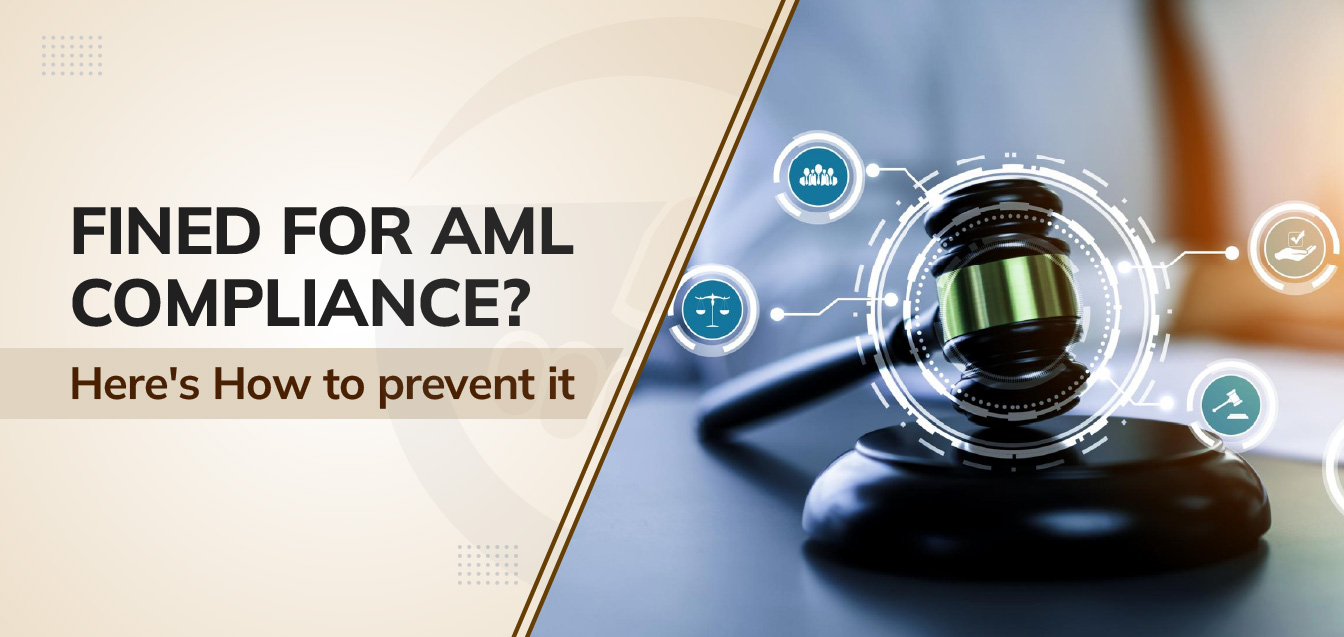Fined for AML Non-Compliance? Here's How to Rectify & PreventIn the UAE's rigorous regulatory landscape, Anti-Money Laundering (AML) compliance is more than a legal requirement — it is fundamental to preserving business integrity across both Financial Institutions (FIs) and Designated Non-Financial Businesses and Professions (DNFBPs). With enhanced oversight by the Central Bank of the UAE (CBUAE) and the Ministry of Economy, businesses operating in various sectors are now under closer scrutiny, and penalties for non-compliance can be severe.
Understanding the Penalties
Pursuant to Federal Decree-Law No. (20) of 2018 and Cabinet Decision No. 10 of 2019, the UAE enforces a robust AML framework targeting money laundering, terrorist and proliferation financing. Enforcement authorities such as the CBUAE (for FIs) and the Ministry of Economy (for DNFBPs) are empowered to impose penalties, including:
- Financial sanctions: Substantial fines based on the nature and severity of violations.
- License suspension or revocation: Temporary or permanent shutdown of operations.
- Restrictive measures: Prohibition from engaging in certain business activities or sectors.
- Warnings: Formal notices requiring compliance improvements.
Remedial actions: Mandatory measures such as training, enhancing compliance programs, or establishing an independent audit function to ensure AML compliance.
These sanctions serve as a strong reminder for all entities — whether in finance, real estate, legal, accounting, trust and company services, or dealing in precious metals and stones—to stay compliant.
Steps to Rectify Non-Compliance
If your business has been penalized for AML breaches, prompt corrective action is essential:
Conduct an internal audit: Assess systems, controls, and gaps in compliance.
- Clarify with authorities: Engage with the CBUAE or Ministry of Economy to fully understand the violation.
- Document everything: Keep detailed records of all audits, communications, and corrective measures taken for compliance and audit purposes.
- Implement corrective actions: Update AML policies, procedures, and KYC measures.
- Train your workforce: Educate staff at all levels on AML responsibilities and reporting obligations.
- Monitor continuously: Establish a regular review cycle to assess compliance effectiveness.
Preventing Future Violations
To minimize AML risks and avoid penalties:
- Keep informed: Regularly consult updates from the CBUAE and Ministry of Economy.
- Strengthen internal systems: Maintain robust AML controls and suspicious activity monitoring.
- Promote a compliance culture: Embed accountability and ethical conduct throughout the organization.
- Leverage technology: Use AML compliance tools to streamline due diligence and reporting.
Whether you are a bank, law firm, real estate agency, or precious metals dealer, a strong AML compliance program is non-negotiable.
Need Assistance?
Navigating AML obligations can be complex, especially with evolving regulations for both FIs and DNFBPs. AMCA offers comprehensive support to help your business stay ahead:
-
AML program review and enhancement
- Customized staff training programs
- Regulatory reporting and liaison support
Stay compliant. Stay protected. Stay ahead.
Others




